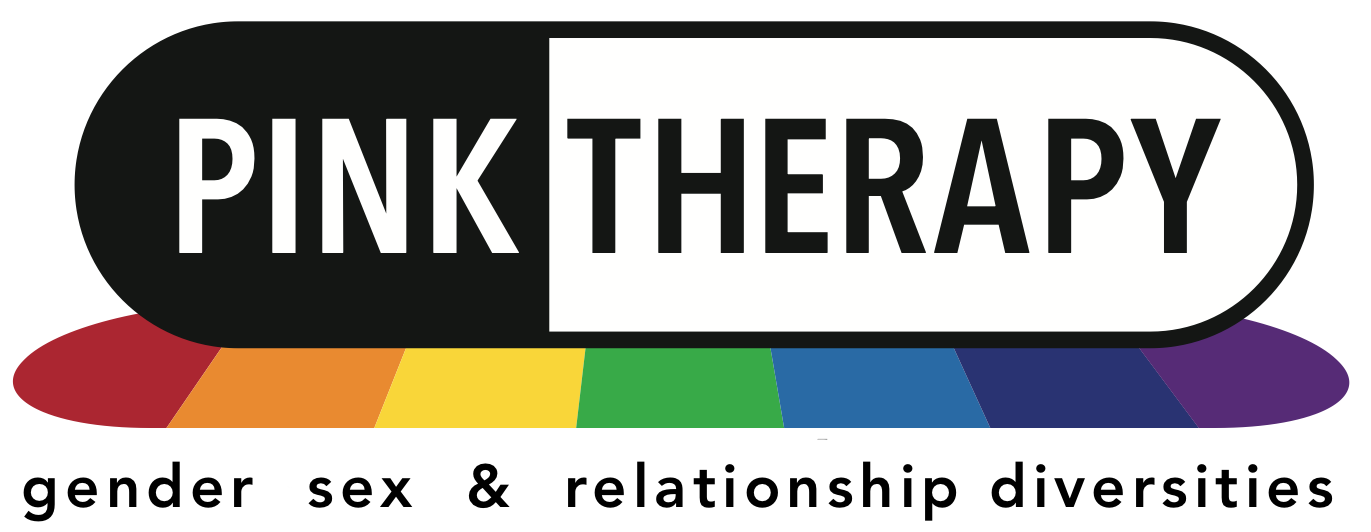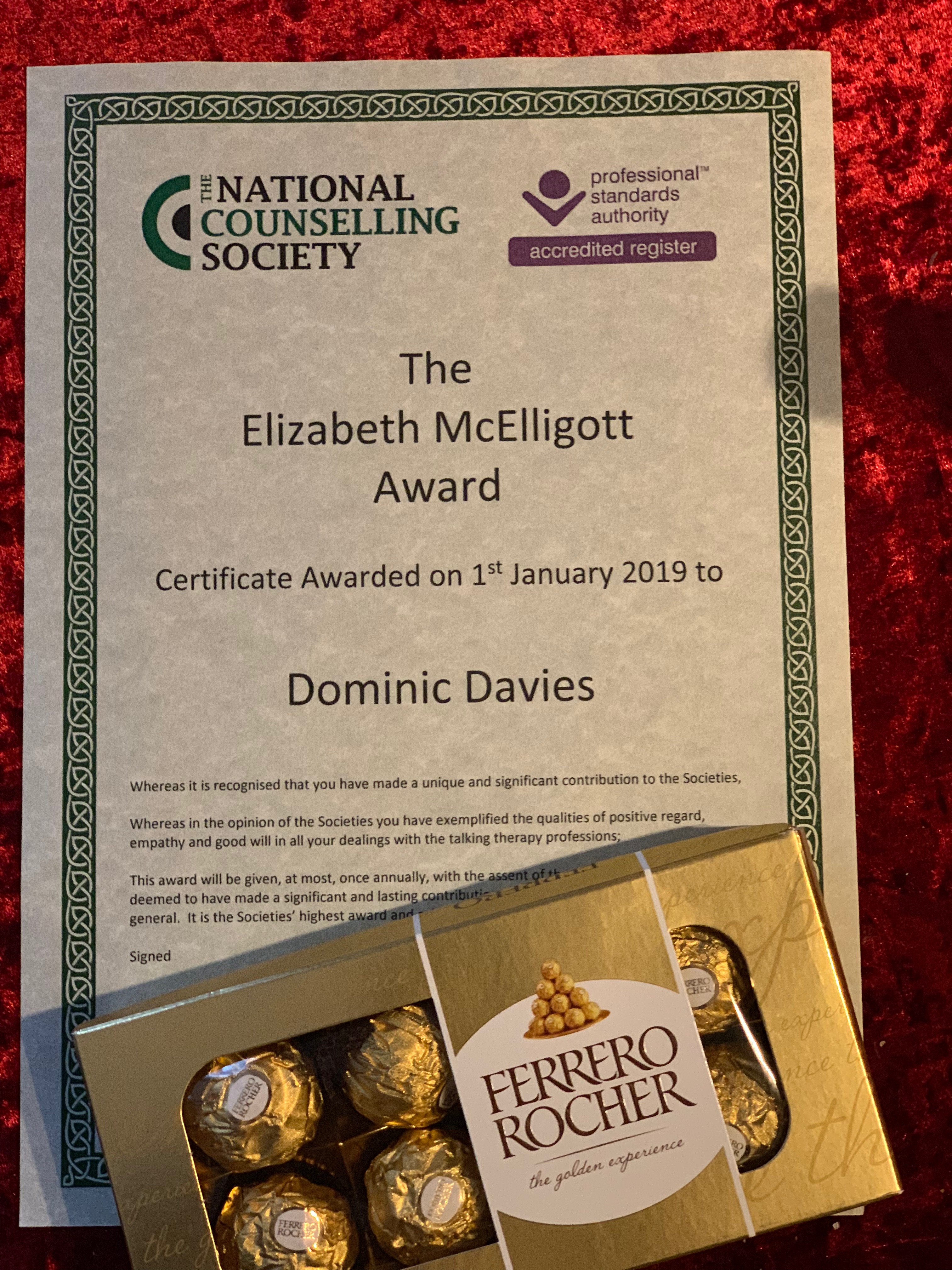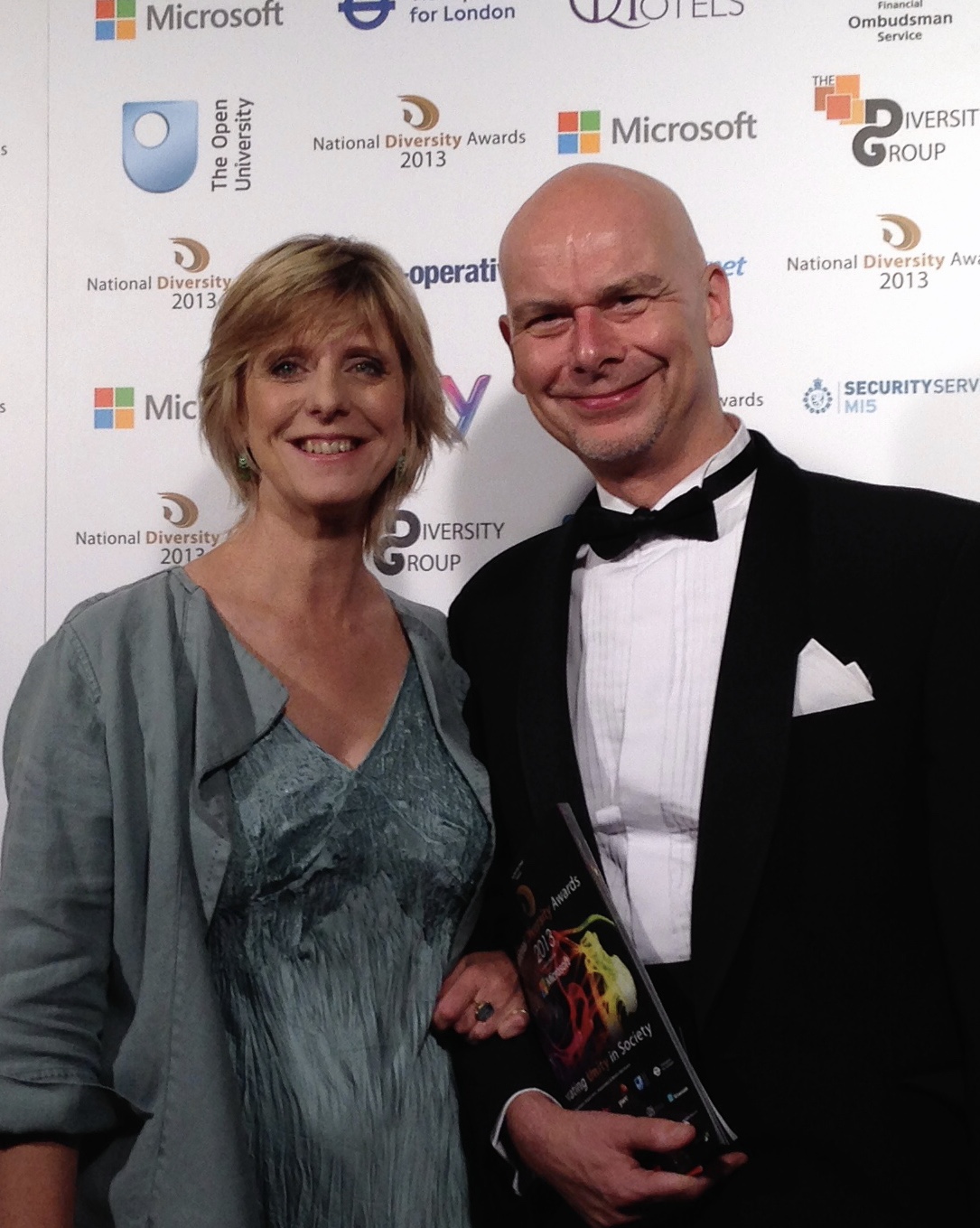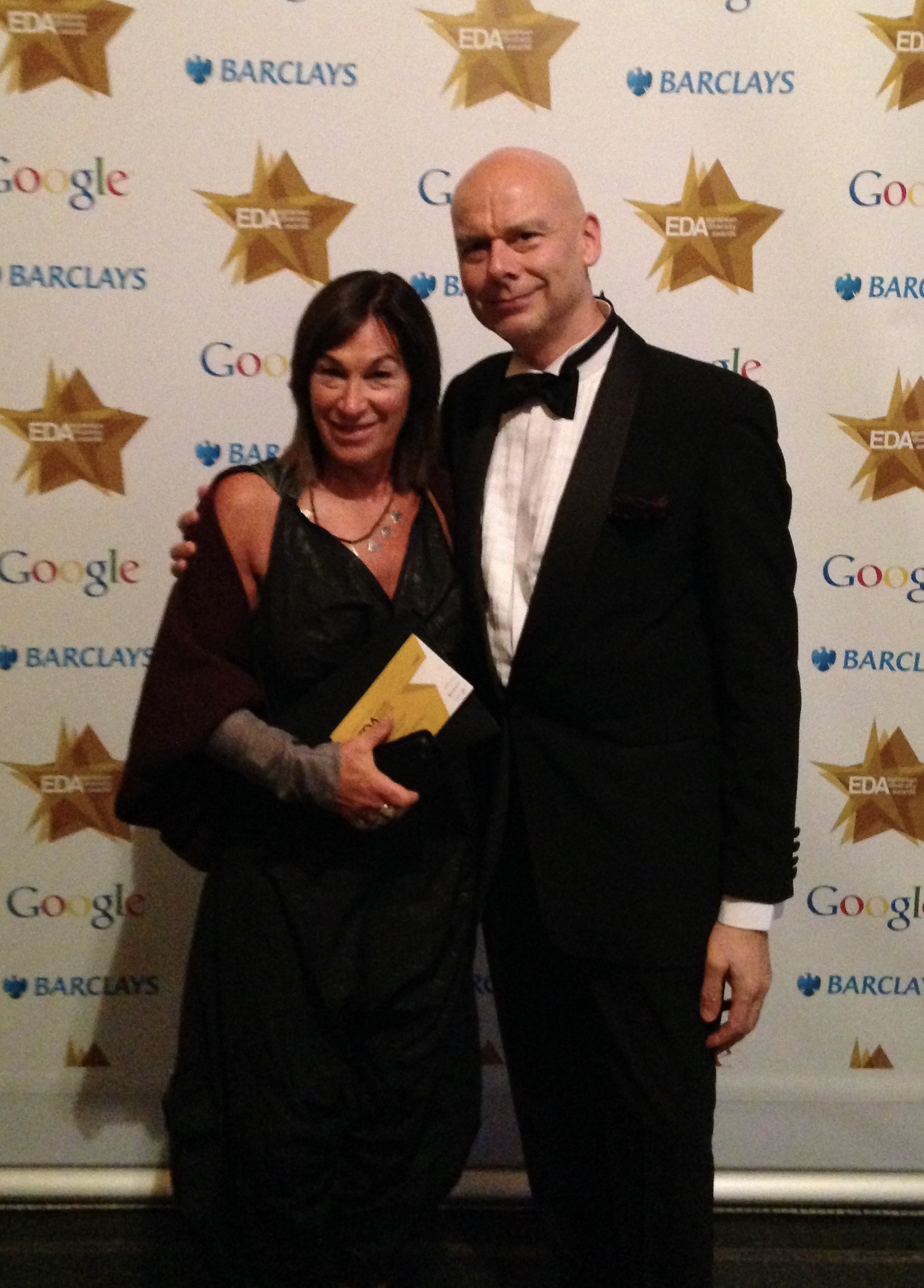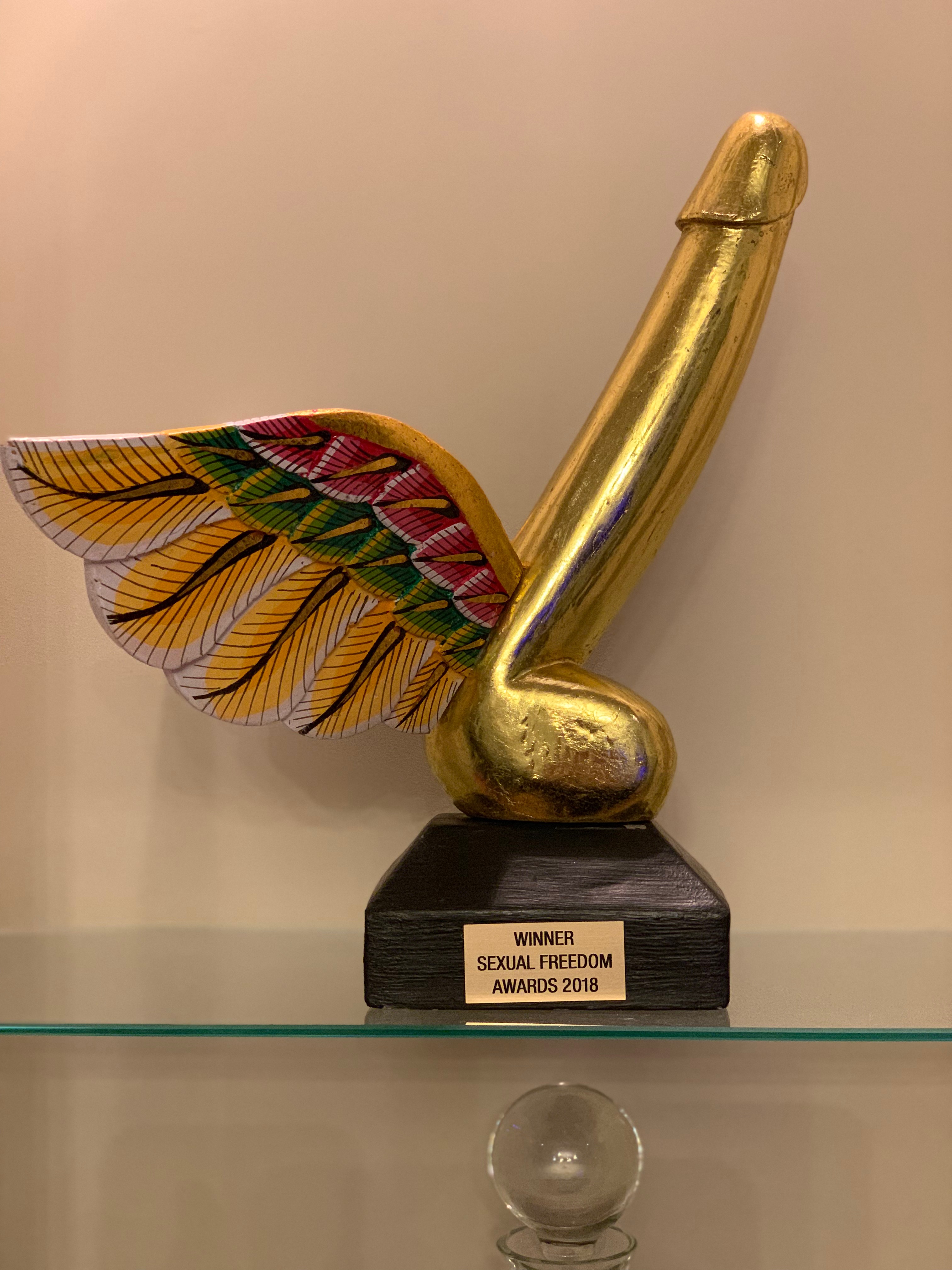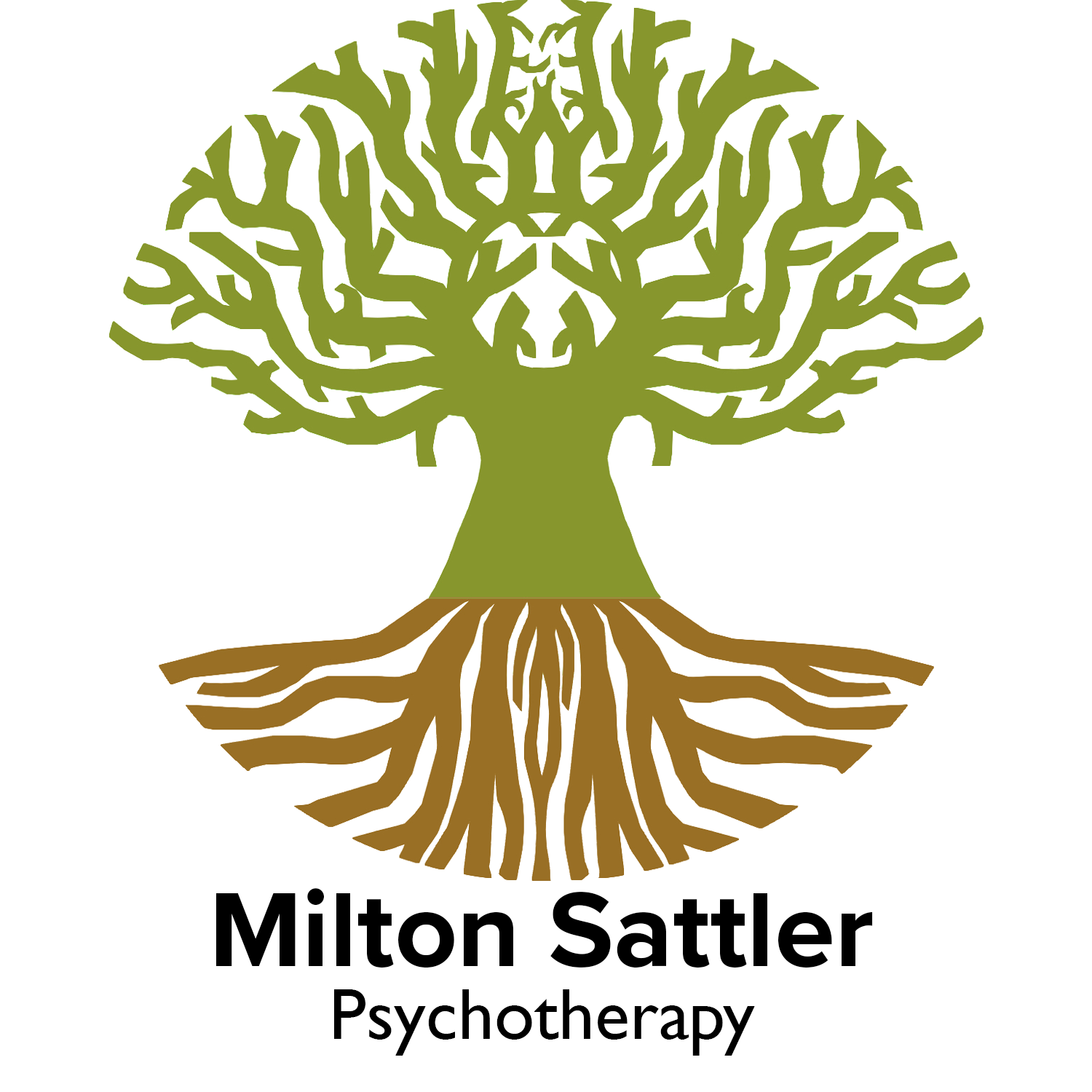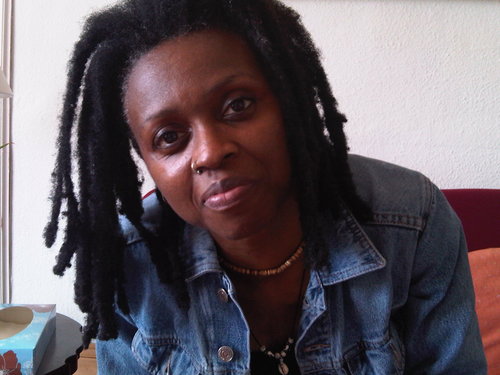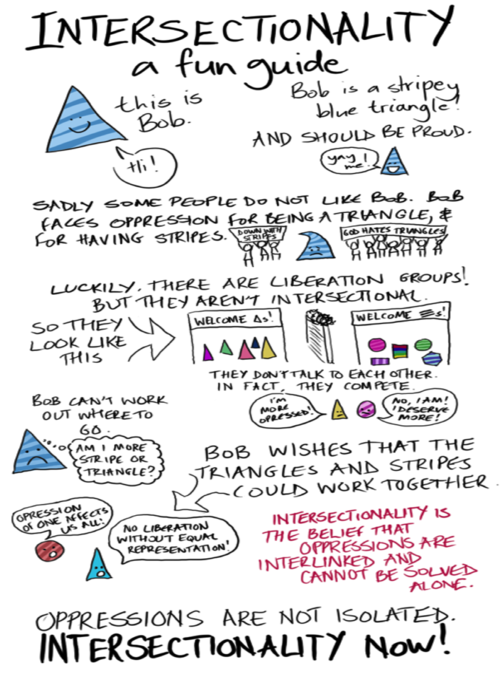
Training to be a therapist takes between three-seven years depending on the programme you choose. It’s likely to cost you around £20-30k, in course fees, supervision, personal therapy not including textbooks, and any loss of earnings from taking time off from your day job.
There also isn’t a great deal of well paid work for most therapists and so recouping your financial investment will take a long while.
Most training courses are very heteronormative and cis-normative and so if you feel particularly called to work with LGBTQ+ people, you will probably need to add some additional training to supplement or address the gaps.
So before you leap, it’s worth doing some research. You might find these questions helpful to ask your potential training programme as you might prefer to invest your money in a course which represents the needs of the people you seek to serve by asking the course staff a few questions:
- Do they have any ‘out’ LGBTQ+ Faculty?
- How much will they be directly involved in teaching you?
- How much specific input on gender, sex and relationship diversities (GSRD*) will the course be including (hours/days etc)? Will this be integrated throughout the curriculum as well as specific specialist input about GSRD identities, psychology, sexuality and lifestyles?
- Who delivers this material? Course staff, external trainers or are YOU the students expected to deliver it?
- Do they know how many GSRD folk are like to be in the next cohort?
- Can they say how many GSRD folk have been in the last two cohorts (i.e. does the course attract GSRD people), is it possible to speak with them about their experience of the course?
- How does the course challenge homophobia, transphobia and heterosexism when expressed or implied in the course?
- What about when this might come for example from students as part of their deeply held religious or cultural beliefs?
These questions are motivated out of a primary concern for psychological safety – is this training place going to be an emotionally and psychologically safe place for you and will the course prepare you adequately for working with GSRD clients.
People identifying from gender, sex and relationship diverse communities are more likely to experience mental health challenges and have poorer mental health than those from outside those communities. This is due to something known as minority stress. It results in higher levels of depression, anxiety and self-harm and substance misuse. Also same-sex relationships often operate along different dynamics to different gender relationships. We might also experience different kinds of sexual difficulties and challenges regarding parenting, family relationships, ageing etc. Basically life is different for folk from GSRD communities/identities. Yet very few therapists trained on mainstream courses are taught anything much about all of this.
We think this is unacceptable and you deserve to be trained by knowledgeable people who can prepare you for working with the tremendous diversity present in today’s society.
Pink Therapy now offers a course endorsement scheme to help identify courses who have recognised the need to be inclusive and honour the promises made by the Memorandum of Understanding on Conversion Therapy v2 which has been signed by all the major professional bodies including BPS, UKCP, BACP, NCS, COSRT and BABCP. Only one training currently has that endorsement.
* Gender, Sex and Relationship Diversities is our preferred more inclusive term for a wide range of gender identities and sexual orientations/practices which extend beyond LGBTIQ and include Asexualties, BDSM/Kink, various forms of consensual non-monogamies (polyamory, swingers, open relationships etc).
Dominic Davies
28 February 2020
